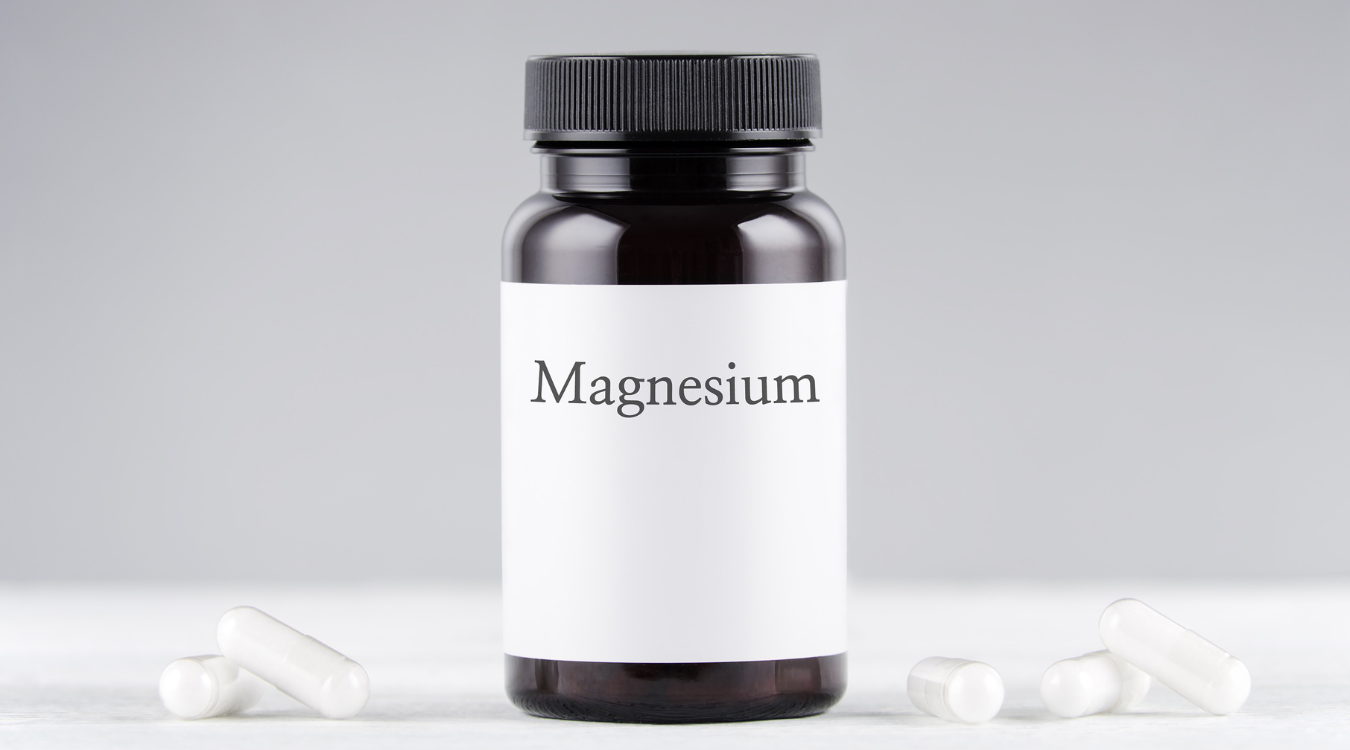
How Long Does It Take for Vitamins to Start Working? A Nutritionist Explains
One of the most common questions I hear is, "How long does it take for vitamins to start working?" Whether it’s a multivitamin, a targeted supplement, or a methylated vitamin, people want to know when they’ll start feeling the benefits. The answer isn’t straightforward—it depends on the type of vitamin, how well you digest and your body’s needs, plus how consistent you are with your intake. Let’s unpack this topic so you know exactly what to expect.
The Science Behind How Vitamins Work
Vitamins play a vital role in our body, acting as co-factors for numerous biological processes. From energy production to immune function and hormone regulation, they’re essential for keeping us healthy. However, the timeline for noticing their effects varies based on factors like:
- Type of Vitamin: Water-soluble vitamins like B and C are absorbed quickly, while fat-soluble vitamins (A, D, E, K) take longer as they require dietary fat for absorption and are stored in the liver.
- Deficiency Levels: The more deficient you are, the faster you may notice changes once supplementation begins.
- Form of Vitamin: Methylated vitamins, for example, are pre-activated and more bioavailable, meaning your body can use them immediately.
How Long Does It Take for a Multivitamin to Work?
Multivitamins are a convenient way to cover several nutritional bases, especially for people with busy lifestyles or unbalanced diets. However, how long it takes for a multivitamin to work depends on its formulation and your body’s needs.
Immediate Effects
You might feel a quick energy boost within hours or days if the multivitamin contains:
- B vitamins, which are essential for energy production.
- Vitamin C, known for its role in reducing fatigue and supporting the immune system.
Long-Term Benefits
The full benefits of multivitamins typically take 4–6 weeks to become noticeable. This is because your body needs time to restore nutrient levels, particularly if you've been deficient. Improvements in areas like hair growth, nail strength, and skin health may take 3–6 months, as these processes require sustained nutrient availability.
How Long Does It Take for Vitamins to Start Working?
Let’s explore specific vitamins and their timelines to understand this better:
Vitamin D
- Why It’s Important: Supports bone health, immunity, and mood regulation.
- Timeline: If you’re deficient, it can take 2–3 months of daily supplementation to notice improvements, especially in mood and energy. Blood levels may start increasing within 4 weeks.
Vitamin B12 (Cyanocobalamin or Methylcobalamin)
- Why It’s Important: Essential for energy production, red blood cell formation, and neurological function.
- Timeline: Methylated B12 (methylcobalamin) starts working immediately at the cellular level and can improve energy levels within 24–48 hours, especially in those with a deficiency.
Vitamin C
- Why It’s Important: Boosts immunity, collagen production, and fights free radicals.
- Timeline: Effects like reduced fatigue or enhanced immunity can be noticed in as little as 1–2 weeks with consistent intake.
Iron (When Combined with Vitamin C)
- Why It’s Important: Crucial for oxygen transport and reducing anaemia-related fatigue.
- Timeline: If you’re iron-deficient, supplementation can improve energy levels within 3–4 weeks, with noticeable differences in blood levels by 2–3 months.
The Role of Methylated Vitamins
Methylated vitamins, such as methylcobalamin (B12) and methylfolate (B9), are game-changers for individuals with genetic variations like MTHFR mutations. These vitamins are pre-activated, meaning they’re already in a form your body can use without additional processing.
Why Choose Methylated Vitamins?
- Enhanced Absorption: The body doesn’t need to convert them, so they work faster.
- Targeted Support: Ideal for individuals with difficulty absorbing or utilising standard vitamin forms.
- Faster Results: Because they’re bioavailable, you may notice benefits like improved energy, mood, and mental clarity within days to weeks.
For example, methylfolate supports DNA repair and red blood cell production, making it critical for energy and overall cellular health. If you’ve been struggling with brain fog or fatigue, switching to a methylated form might yield faster results.
Why Patience Matters with Vitamins
While some vitamins act quickly, others require consistent, long-term use to yield noticeable results. For example:
- Hair, skin, and nail improvements from biotin or zinc take months, as these tissues regenerate slowly.
- Immune resilience from vitamins like D and C improves progressively over time.
- Energy and mood stabilisation may happen faster but require ongoing support to sustain.
The Role of Digestion and Biofilm in Vitamin Metabolism and Absorption
Digestion is the cornerstone of vitamin metabolism, as the process of breaking down food enables the body to extract and absorb essential nutrients. However, the efficiency of this process is heavily influenced by the state of the gut, including the presence of biofilm—a slimy matrix of bacteria and other microorganisms that can coat the intestinal lining. While some biofilm is healthy and protective, excessive or pathogenic biofilm can block nutrient absorption, disrupt digestive enzymes, and hinder the metabolism of vitamins. For example, fat-soluble vitamins like A, D, E, and K require bile and proper enzyme activity to be absorbed efficiently, processes that can be compromised by biofilm overgrowth or gut imbalances. Additionally, biofilm can shield harmful bacteria that compete for nutrients, further reducing the availability of vitamins to the body. Addressing digestive health and regulating biofilm is critical for ensuring optimal vitamin metabolism and overall health.
Tips to Maximise Vitamin Effectiveness
- Take with Food: Fat-soluble vitamins (A, D, E, K) need dietary fat for optimal absorption.
- Be Consistent: Vitamins work best when taken regularly, as they build up in your system over time.
- Choose Quality: Look for third-party tested supplements and opt for methylated forms if needed.
- Tailor to Your Needs: Work with a healthcare provider to identify deficiencies and customise your supplement plan.
When Should You Seek Professional Guidance?
If you’ve been taking vitamins consistently but haven’t noticed any improvements within 3–6 months, it may be time to consult a nutritionist or healthcare provider. They can help identify underlying issues like poor absorption, incorrect dosages, or other health conditions that may be interfering.
Final Thoughts: How Long Does It Take?
So, how long does it take for vitamins to start working? The answer depends on the vitamin, your body's needs, and your level of deficiency. While some effects can be noticed in hours or days, most benefits unfold over weeks or months of consistent use. The key is patience, consistency, and choosing the right vitamins tailored to your health goals.
Remember, while supplements are powerful tools, they work best when combined with a nutrient-rich diet, regular exercise, and a balanced lifestyle. Your body is a masterpiece—it just needs the right tools to thrive.




 Private Glucose Test
Private Glucose Test
 Best Snacks UK
Best Snacks UK












